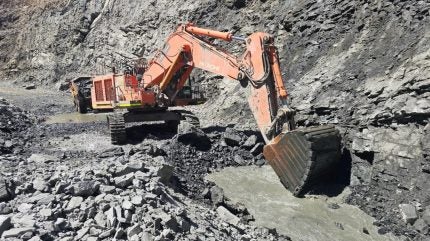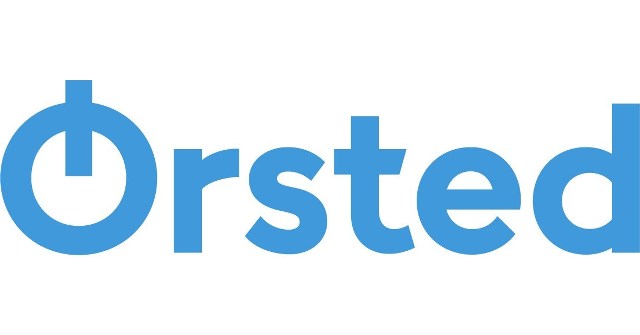Appian resources, energy and utility account director Justin Grose explores the need for robust data security in Australian mines.
Sophisticated cyber-attacks are growing at an exponential rate globally. Some industries, such as mining, are exposed to higher risks than others.
The critical nature of mining operations makes them particularly vulnerable, with potential cyber-security incidents posing significant threats to operational productivity, safety, employee privacy and future planning.
A high-profile data security incident involving a rare-earth miner in Western Australia compromised commercially confidential material, including potential future projects.
Worryingly, staff details were also breached resulting in the potential exposure of employee passports, details of medicals, travel requests, training and certification details, and even police clearance documents.
Operating across diverse and remote locations, mining organisations are at heightened risk due to some sites having lower security maturity compared to corporate networks.
As the industry moves towards automation and digitisation of key mining processes to improve productivity and site effectiveness, it is critical that commercially sensitive, private data is protected.
Securely connecting data with data fabric
In the mining sector, a data breach can be particularly devastating due to the highly sensitive nature of the information involved, such as geological surveys and operational plans.
A breach could lead to financial losses, competitive disadvantages, and safety risks, making robust data security essential to protect operations and personnel.
Data fabric is a cutting-edge approach to managing and integrating data across disparate systems without moving it from its original location.
This method ensures stringent access controls and data security by creating a virtualised layer over existing data sources, allowing seamless access and integration while minimising the risk of data breaches during transit.
By keeping data in its original location, mining companies can maintain existing security protocols and access controls while still enabling the integration and use of data across the organisation.
This reduces the risk of unauthorised access and ensures that only authorised personnel can access sensitive information.
Leveraging private AI for data control
As the mining sector looks to enhance site productivity through modernising operations, including automating and improving activity with artificial intelligence (AI), organisations must ensure that they aren’t exposing their data.
Private AI should be a top consideration for all mining organisations in Australia. It refers to artificial intelligence systems that are deployed within an organisation’s own infrastructure, rather than relying on external, cloud-based solutions.
This ensures that sensitive data, such as organisational financial information, merger and acquisition targets, site surveys and employee details, remains on-premises, enhancing security and compliance with local regulations.
Cybersecurity threats to the AI systems used by miners are very real. Cyberattacks targeting AI models used for predictive maintenance, exploration analysis, and operational optimisation can also lead to manipulated data, resulting in flawed predictions and potentially hazardous decisions.
Private AI mitigates these risks by allowing companies to leverage AI while maintaining control over their data.
Private AI systems are designed to operate within a mining organisation’s own secure environment, ensuring that sensitive data does not leave the organisation. This mitigates the risk of data exposure and ensures compliance with data privacy regulations.
Miners can customise AI applications to meet specific security requirements, ensuring that AI models and algorithms are applied in a secure and controlled manner.
Building security into IT infrastructure
Robust IT infrastructure is the backbone of a secure data environment. Implementing security measures directly into a mining organisations own IT framework can significantly enhance data protection.
Adopting a zero-trust approach ensures that all users, whether inside or outside the network, are authenticated and continuously validated before gaining access to applications and data.
This is particularly important in the mining sector, where companies commonly have a mixture of permeant and external contract staff needing to access their systems.
Utilising secure cloud solutions ensures that data is protected with advanced encryption methods and access controls, providing a resilient and secure environment for data storage and processing.
Safeguard operations with the right provider
Selecting the right provider is crucial for mining companies aiming to enhance their data security and operational efficiency.
Appian is a specialist when it comes to unifying data and optimising critical business processes with industry-leading security solutions.
Leveraging Appian’s robust security frameworks and cutting-edge technologies like data fabric and private AI, mining companies can protect their sensitive information, optimise operations, and ensure compliance with industry regulations.
To learn more about Appian’s offerings for the mining sector, click here.
Subscribe to Australian Mining and receive the latest news on product announcements, industry developments, commodities and more.




